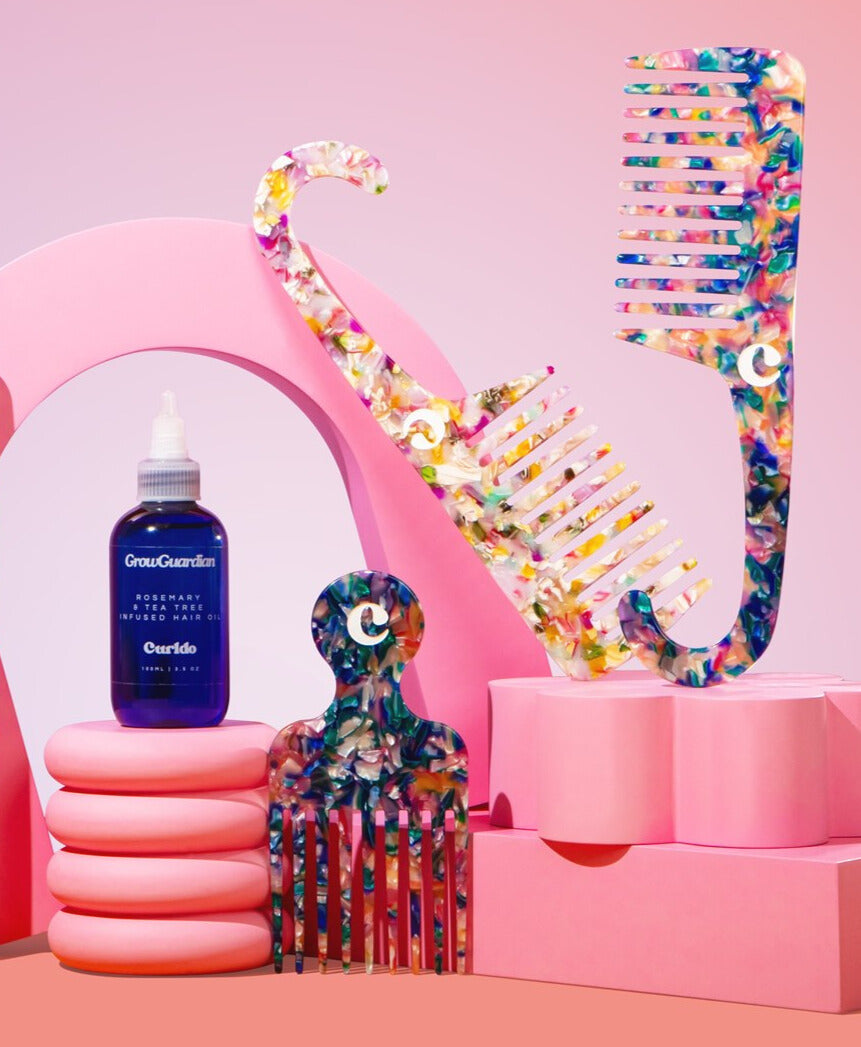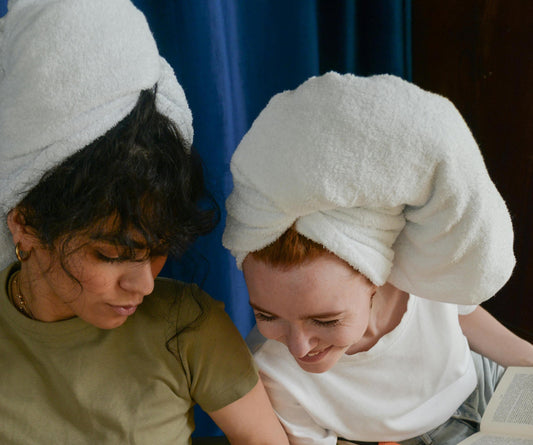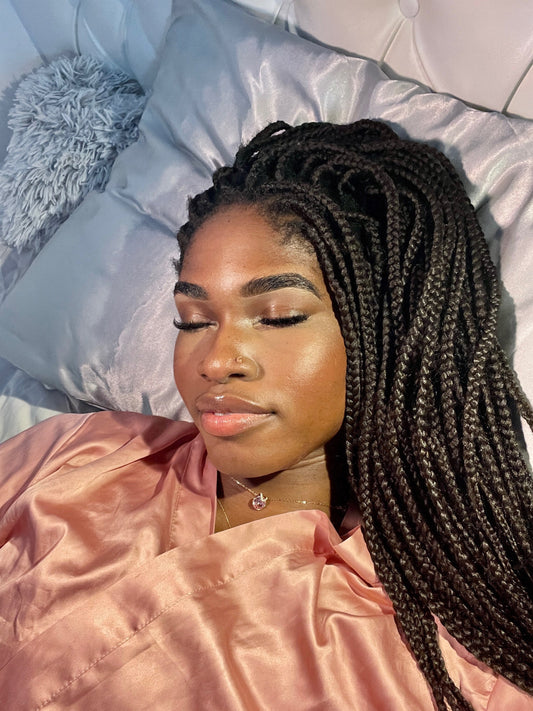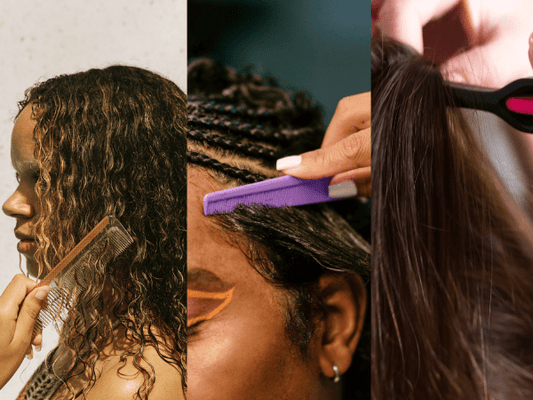The intricate dance of hormones within our bodies plays a significant role in various physiological processes, including the health and appearance of our hair. Hormonal fluctuations can lead to noticeable changes in hair texture, growth patterns, and overall hair health, affecting those with curly and wavy hair in unique ways. Understanding the interplay between hormones and hair can help individuals better navigate these changes and maintain their hair's natural beauty. This article delves into the hormonal influences on hair, focusing on how they impact curls and waves, and offers guidance for managing these effects.
The Hormonal Influence on Hair
Hormones are chemical messengers that travel through the bloodstream to tissues and organs, affecting many different bodily processes. When it comes to hair, several hormones play crucial roles:
- Estrogen: High levels of estrogen, typically present during pregnancy, can lead to thicker, fuller hair by extending the growth phase of the hair cycle. However, postpartum or during menopause, as estrogen levels decline, many experience hair thinning or changes in texture.
- Progesterone: This hormone, also higher during pregnancy, can impact hair texture, sometimes making hair curlier or altering its natural pattern.
- Androgens: These male hormones, present in both men and women but in different amounts, can influence hair growth and loss. An increase in androgens can lead to hair thinning and loss, particularly in women with conditions like polycystic ovary syndrome (PCOS).
- Thyroid Hormones: Both hyperthyroidism and hypothyroidism can lead to hair changes, including texture alterations and hair loss. Thyroid hormones play a significant role in regulating hair growth cycles.
How Hormones Affect Curls and Waves
Texture Changes: Many individuals notice changes in their hair's curl pattern or texture during hormonal shifts. For example, hair may become curlier, straighter, or more prone to frizz. These changes are often most noticeable during puberty, pregnancy, postpartum, and menopause.
Hair Growth and Loss: Hormonal fluctuations can also impact hair density and growth rates. Conditions like PCOS or thyroid imbalances can lead to hair thinning or the development of finer hair, which may affect how curls and waves hold their shape.
Scalp Health: Hormones influence sebum production on the scalp, which can affect hair health. An imbalance can lead to a dry, itchy scalp or, conversely, an oily scalp, both of which can impact the appearance of curls and waves.
Managing Hormonal Impacts on Curly and Wavy Hair
1. Nutrition and Hydration: A balanced diet rich in vitamins and minerals supports hormonal balance and hair health. Ensure adequate intake of iron, zinc, vitamin D, and omega-3 fatty acids. Hydration is also crucial for maintaining hair elasticity and strength.
2. Gentle Hair Care: Adopt a gentle hair care routine that minimizes stress on your curls. Avoid harsh chemicals and heat styling, and opt for sulfate-free shampoos, deep conditioning treatments, and protective hairstyles.
3. Scalp Care: Maintain a healthy scalp environment through regular cleansing, exfoliation, and moisturization. Products containing tea tree oil or peppermint oil can soothe the scalp and stimulate blood flow, supporting healthy hair growth.
4. Hormonal Therapy: For those experiencing significant hair changes due to hormonal imbalances, consulting a healthcare provider or endocrinologist may be beneficial. Hormonal therapy, under medical supervision, can help address underlying issues.
5. Stress Management: Stress can exacerbate hormonal imbalances, affecting hair health. Incorporate stress-reduction techniques such as exercise, meditation, or yoga into your routine.
6. Hair Supplements: Consider supplements designed to support hair health, such as biotin, collagen, or hair-specific vitamin blends. However, consult with a healthcare provider before starting any new supplement.
Embracing Change
While hormonal fluctuations can bring about changes in your curls and waves, embracing these changes can be empowering. Experiment with new products and styles that suit your hair's evolving needs. Remember, your hair's appearance is just one part of your unique journey.
Conclusion
Hormones significantly influence the health and appearance of our hair, affecting everything from texture to growth patterns. For those with curly and wavy hair, understanding these impacts is the first step in navigating the challenges they may present. By adopting a holistic approach to hair care, focusing on nutrition, gentle hair practices, scalp health, and stress management, it's possible to mitigate the effects of hormonal fluctuations and embrace the natural beauty of your curls and waves. As our bodies change, so too does our hair, reflecting the complex, ever-evolving relationship between our internal health and external appearance.











